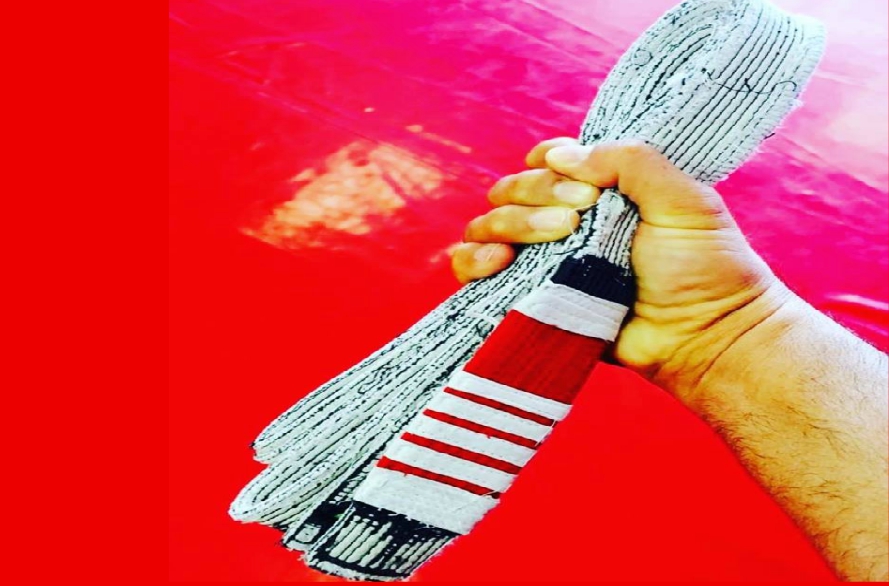It goes without saying that the majority of people who train in Brazilian Jiu Jitsu (BJJ) quit before reaching the highest rank: black belt. This can be seen particularly when observing blue belt where many seemingly committed participants drop out of the hobby. Similarly, it is noted that most white belts do not even make it a full year of training. However, does anyone quit Brazilian Jiu Jitsu as a black belt?
In this article, we shall explore why BJJ black belts may decide to discontinue their training and how commonplace this phenomenon actually is.
Yes, many black belts do quit BJJ at some point. It is clear that a large proportion of those who take up BJJ eventually move on from the hobby at some point. The reasons for quitting are numerous and will be discussed further below. Another factor to consider is the physical strain and exertion associated with BJJ that can be hard on the body over long periods. It should not come as a shock to discover that most black belts eventually step away from the sport after some time.
Some black belts quit shortly after getting promoted. Often, there are those who seem highly committed to BJJ yet terminate their involvement shortly after being awarded their blue belt. This may be because achieving this ranking was their main goal and once completed, they have little incentive remaining to continue training. Similarly, some may quit shortly after receiving their black belt despite having invested significant time and effort into reaching this level due to them perceiving it as merely a status symbol or source of personal validation.
The primary factors for why BJJ black belts cease practicing are similar to those seen at lower levels: life events such as having children or career advances; or injuries resulting from long-term strain on the body accumulating over time. It should be noted that typically those who reach black belt are more dedicated than those of lower rankings however, these individuals are still bound by everyday life and its responsibilities which can easily draw attention away from training sessions and make them vulnerable to quitting too.
An interesting observation made regarding black belts is that typically they are no longer active in BJJ within five years of receiving their rank unless they begin teaching classes or opening up their own gym; thus ensuring an economic necessity to stay involved with the sport in order to receive an income from its pursuit for themselves or their students/membership base. For all other non-instructors though, it appears enthusiasm tends to fade within a five-year period post-achievement of the prestigious rank; though exceptions exist where individual practitioners choose remain invested in sessions equivalent to when they were at white belt level or lower rankings.
Also read:



















